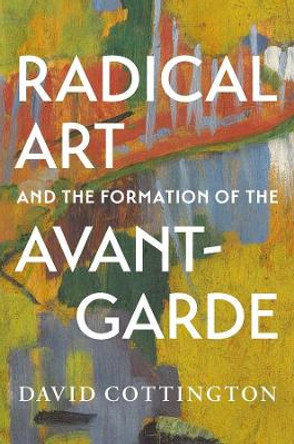Description
How artists challenged a military dictatorship through mass print technologies in 1970s and 1980s Sao Paulo.
Throughout the 1970s and into the 1980s, during Brazil's military dictatorship, artists shifted their practices to critique the government and its sanitized images of Brazil, its use of torture, and its targeted persecutions. Mari Rodriguez Binnie's The Sao Paulo Neo-Avant-Garde examines these artworks and their engagement with politics and mainstream art institutions and practices.
As Binnie skillfully shows, artists appropriated processes like photocopy, offset lithography, and thermal and heliographic printing, making newly available technologies of mass production foundational to their work of resistance against both the dictatorship and the established art world. Often working collaboratively, these artists established alternative networks of exchange locally and internationally to circulate their work. As democracy was reestablished in Brazil, and in the decades that followed, their works largely fell out of sight. Here, in the first English-language book to focus entirely on conceptual practices in Sao Paulo in the 1970s and 1980s, Binnie unearths a scene critical to the development of contemporary Brazilian Art.
About the Author
Mari Rodriguez Binnie is an assistant professor of art history at Williams College and at the Graduate Program in the History of Art at the Sterling and Francine Clark Art Institute.
Reviews
A timely book that will appeal to both researchers interested in this pivotal period of Latin American art history and anyone inspired by alternative methods of resistance as the specter of censorship grows more ominous with the rise of political authoritarianism worldwide. * Hyperallergic *
Book Information
ISBN 9781477329863
Author Mari Rodriguez Binnie
Format Hardback
Page Count 216
Imprint University of Texas Press
Publisher University of Texas Press
Weight(grams) 680g
Dimensions(mm) 254mm * 178mm * 26mm







